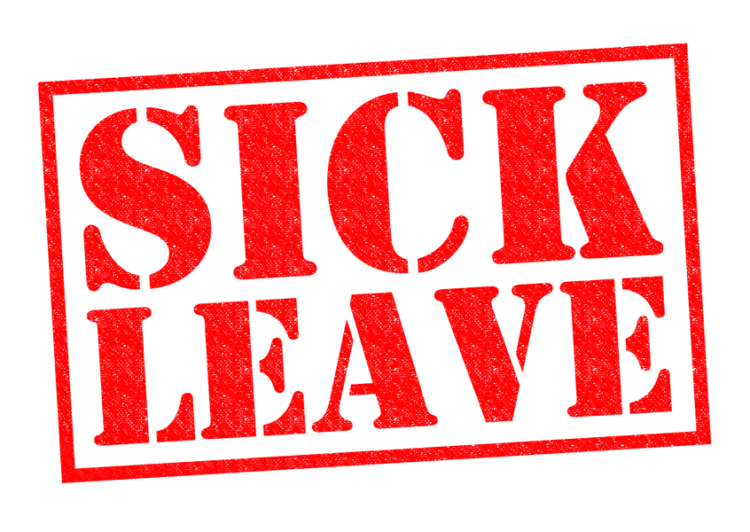Research has revealed that 46 percent of UK employees have taken extended sick leave, classed as more than two weeks off sick, in the past five years.
Extended sick leave was found to be particularly high among younger workers, with 66 percent aged 18-24 taking more than two weeks sick and 61 percent of people aged 24-34 years.
More than a quarter (27 percent) of 18-24 year olds have had a period of sick leave of between one and five months, according to the research with 2,000 employees from consultancy Barnett Waddingham
“That is quite significant, and we would say that is a career interrupting health break,” said David Collington, partner and head of benefit consulting at the firm.
He said this has a massive impact for people managing workforce planning as “they would never imagine that a quarter of people aged 18-24 would be taking such extended breaks for sickness absence”.
He said that it causes issues with the rest of the workforce as the research showed that when people are off on long term sick, no additional recruitment or temporary workers are brought in to help.
“The rest of the workforce are expected to pick up the extra work when this population is off sick.
“If we’re talking about this being a cyclical issue of people being off sick causing others who are not off sick to have to do more work, then it becomes this perpetual cycle, which needs to be addressed.”
Support employees want
Employees have pointed to changes in employer and public health support that would improve their health and wellbeing at work and potentially tackle extended sickness absence.
Among UK employees, 28 percent said that a reduction in NHS waiting times would help them stay at work.
Private medical cover provided by their employer could also help, but 58 percent of workers do not have access to this. However, 35 percent said if they had it they would use it regularly.
Efforts to tackle the issue need to be ramped up as further findings from the research showed that as well as a large proportion of people taking extended sick leave, 19 percent have been out of work for between one to five months.
Collington said: “The question is can employers do more?”
Employees think they can. Workers called for employers to provide better guarantees around communication of health and wellbeing support, so they are not left out of pocket if they become ill.
More than a fifth (22 percent) said they want financial assistance for managing long-term health conditions, while 18 percent said clearer workplace policies around sick leave and absence management would help them most. Twenty-one percent called for suitable adjustments in the workplace, such as flexible working, as top priority.
Nearly a third (31 percent) reported a lack of paid sick leave, and 61 percent said they are not offered critical illness insurance.
Researchers said that the data highlights “an alarming gap” in benefits for workers to tackle health issues, and emphasises the need for better support from employers and the government, especially as 2.8 million are economically inactive.
Employees also told researchers that NHS waiting times could be cut by offering people more in-person appointments. Almost a quarter (24 percent) called for faster referrals to specialist care, and 22 percent want more virtual NHS appointments.
The availability of NHS mental health services is another area of concern for employees. More than a fifth (22 percent), particularly women (25 percent) and those aged 25-34 (27 percent), want better mental health support or triaging services.
Julia Turney, partner and head of platform and benefits at Barnett Waddingham, said: “The message is clear: workers need better health support – both from employers and the NHS – to stay in or return to work.
“With economic inactivity rising, businesses and the government can’t afford to ignore the growing gaps in healthcare benefits, and mental health support. Flexible working, better health cover, and faster NHS services will all be part of the solution – but action is needed now.
“With the spring statement fast approaching, the chancellor and the government must think carefully about how they enact the next stages of their Get Britain Working mandate. Otherwise, we risk another year of economic stagnation, a disengaged, inactive workforce that is too sick to be productive, as well as a business landscape struggling with absenteeism, lost talent, and declining productivity. If both the government and employers fail to step up, the cost won’t just be to individuals – it will be to the entire economy.”












